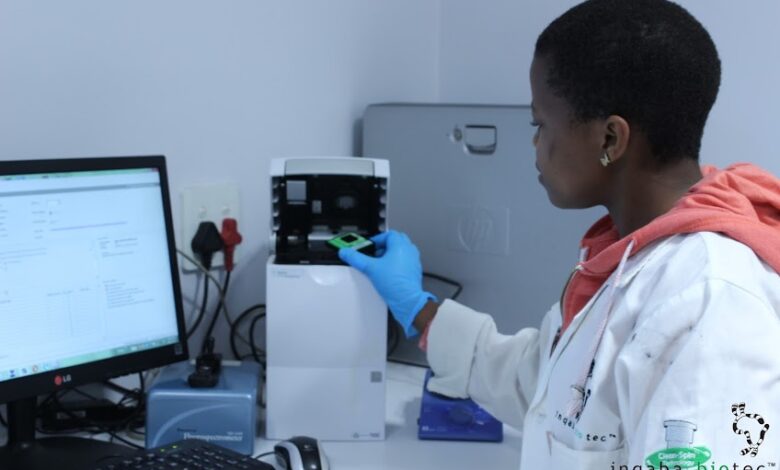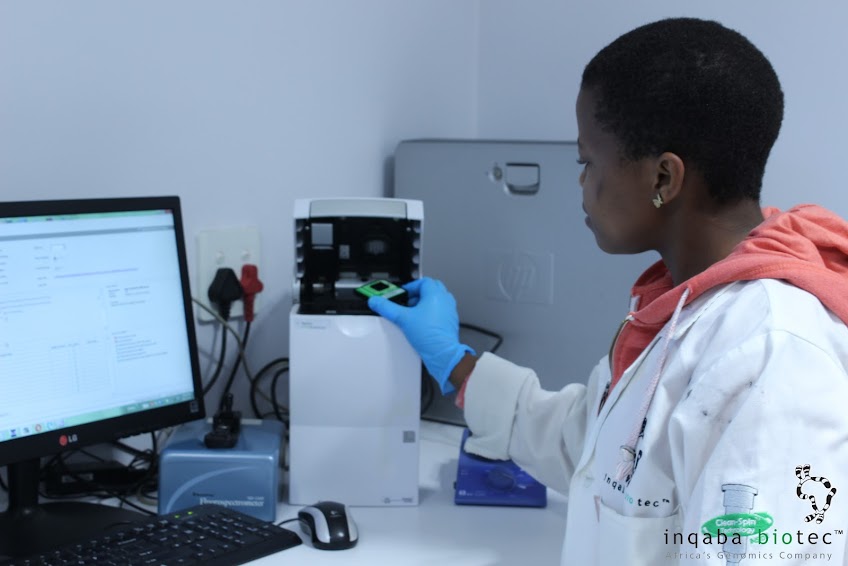How Genomics Company Inqaba Biotechincal Industries Aims Elevate Community-based Organisations

How Genomics Company Inqaba Biotechincal Industries Aims Elevate Community-based Organisations. Inqaba Biotechnical Industries (Pty) Ltd, trading as inqaba biotec™ in Sub-Saharan Africa, is a unique South African Genomics company that was established in 2002 from an idea that was conceptualized in 2000. Inqaba is an IsiXhosa name for “rare and precious” and this pays homage to its South African origin.

The company headquarter is based in Muckleneuk, one of the oldest suburbs in Pretoria. In 2010 the Kenyan subsidiary, Inqaba Biotec East Africa Ltd, was launched in Nairobi. Thereafter, Inqaba Biotec West Africa Ltd was registered in Nigeria in the 2014 followed by branch offices in Ghana (2018), Tanzania (2019) and Senegal (2020). The company was founded by a venture team of five, of whom two; Prof. Göttfert and Dr Preisig are still actively engaged with the company. In 2002, the start-up of inqaba biotec was financed through private equity from 30 private shareholders and through a loan from the Swiss Government, which was later repaid in full.
In 2007, Inqaba Biotec started offering genome sequencing using a sequencing technology from 454, which at that time was a novel innovation and made the company pioneers in offering genome sequencing services in Africa. In 2020, it has started sequencing with the state-of-the-art sequencer Sequel IIe from PacBio. Currently, inqaba biotec employs over 100 people in South Africa, Ghana, Kenya, Mali, Nigeria Senegal, Tanzania, Uganda and Zimbabwe creating a sales and support network across Sub-Saharan Africa. This will facilitate its aim of getting better support and logistics to its customers in the field of life sciences and molecular diagnostics as part of its contribution to further develop Science and Technology in sub-Saharan Africa.
With Inqaba Biotec’s progression the company aims to elevate community-based organisations such as the Mukondeni Pottery by exposing them and their products to a new market, widening their clienteles’ range.




